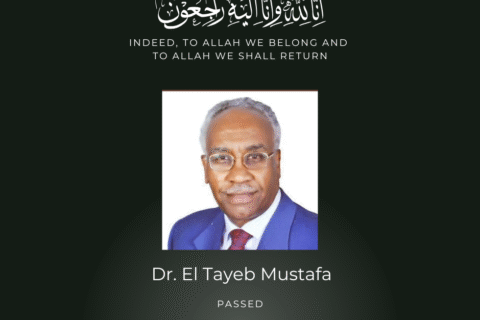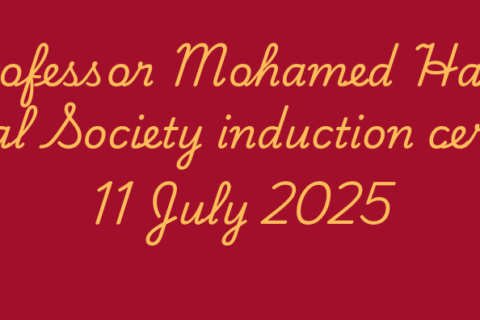
An article titled “Innovation in health and humanitarian aid: lessons from Sudan”, co-authored by two SNAS affiliates: Professor Suad M. Sulaiman and Dr. Rania M.H. Baleela, was published in The Lancet on August 2, 2025. The article highlights Sudan’s community-led responses to the ongoing humanitarian crisis and calls for increased international support and visibility. It commends the remarkable solidarity and innovative crisis management approaches demonstrated by Sudanese communities.
The same issue of The Lancet also features a powerful editorial titled “Sudan: a health catastrophe ignored”, which concludes with a compelling statement:
“It will take sustained commitment and attention from the international community to de-escalate hostilities, help safeguard health, and uphold justice, dignity, and the belief that Sudanese lives are not expendable.”
Sudan’s war, which began in April 2023, has led to a devastating humanitarian crisis. The international response remains gravely underfunded. In the face of this, community-led initiatives have emerged as essential lifelines:
- Emergency Response Rooms (ERRs), Evolving from grassroots resistance committees and rooted in the cultural practice of Nafeer, ERRs provide decentralized, volunteer-driven support including medical care, safe drinking water, psychosocial services, and childcare.
- Takayaa (community kitchens), Often located alongside ERRs, they offer vital nutritional support in areas facing food insecurity, coordinated by local citizens and NGOs such as Hadreen.
Despite their effectiveness, these initiatives remain severely underfunded and expose volunteers to significant physical and psychological risk.
The article ends with a direct appeal to the global community:
“Global health and humanitarian agencies should expand existing support and partner with ERRs and Takayaa by providing financial and logistical support to strengthen their operations. International actors should also help these organisations to document the effects of the war and the effectiveness of their response. These actions would allow targeted and more effective delivery of aid and medical care within Sudan and provide important evidence for other conflict settings. The world has largely ignored Sudan’s humanitarian crisis. We must not ignore the country’s humanitarian innovation.”
The article:
Loading...
The editorial:
Loading...



